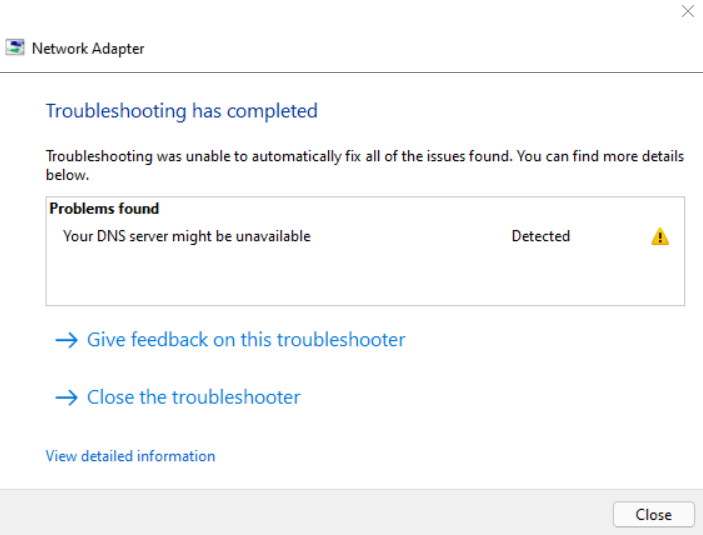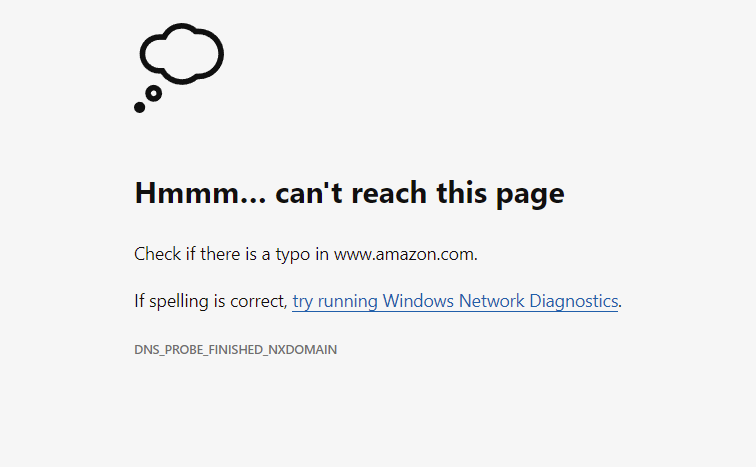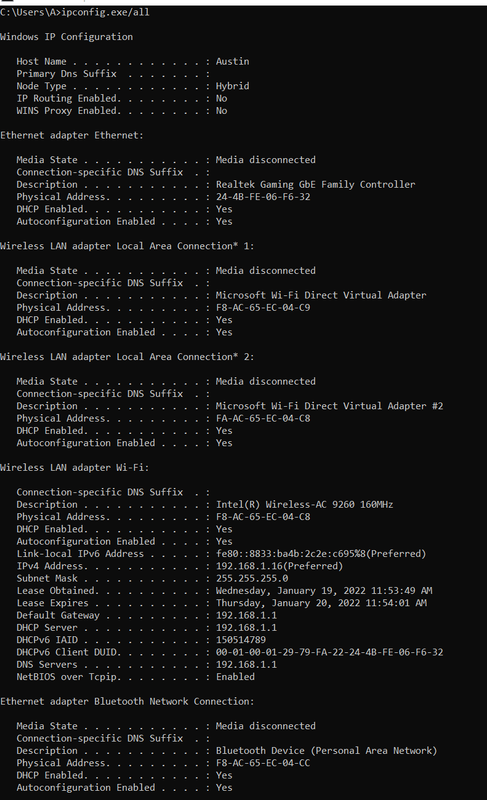Hello,
I've tried resetting my router to factory setting and resetting my windows 11 computer to factory settings. I get an error like this:

My work computer and all of my other devices can connect and I have no problems with them.
My internet on my computer will work sometimes and other times Ill just get pages that look like this:

If I switch over to WIFI if I'm on a wired connection my internet will work again for about another 5 minutes and then I would get the same page until I switch connections again.
I've tried resetting my router to factory setting and resetting my windows 11 computer to factory settings. I get an error like this:

My work computer and all of my other devices can connect and I have no problems with them.
My internet on my computer will work sometimes and other times Ill just get pages that look like this:

If I switch over to WIFI if I'm on a wired connection my internet will work again for about another 5 minutes and then I would get the same page until I switch connections again.




